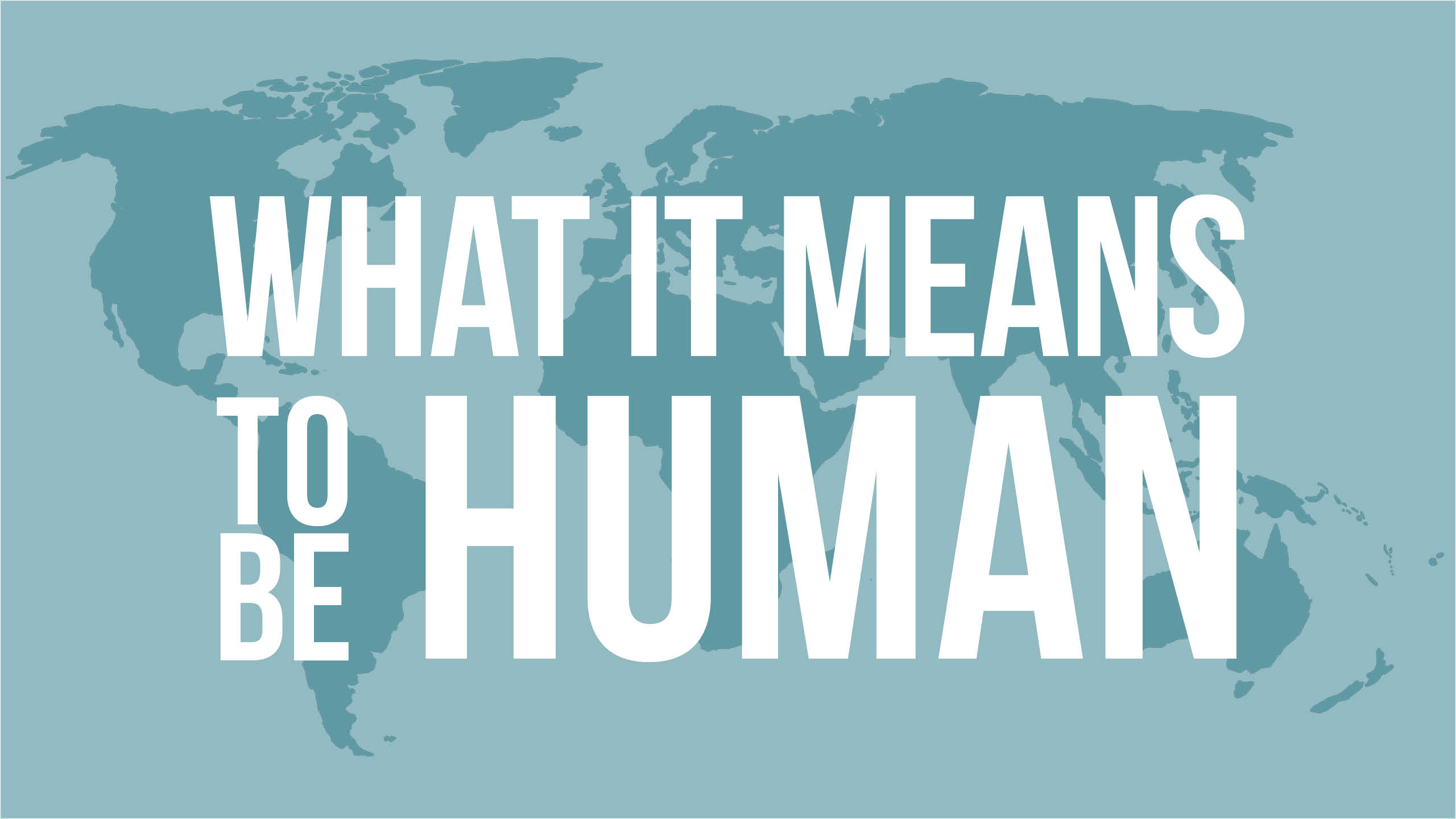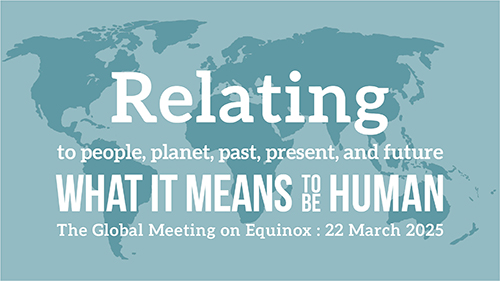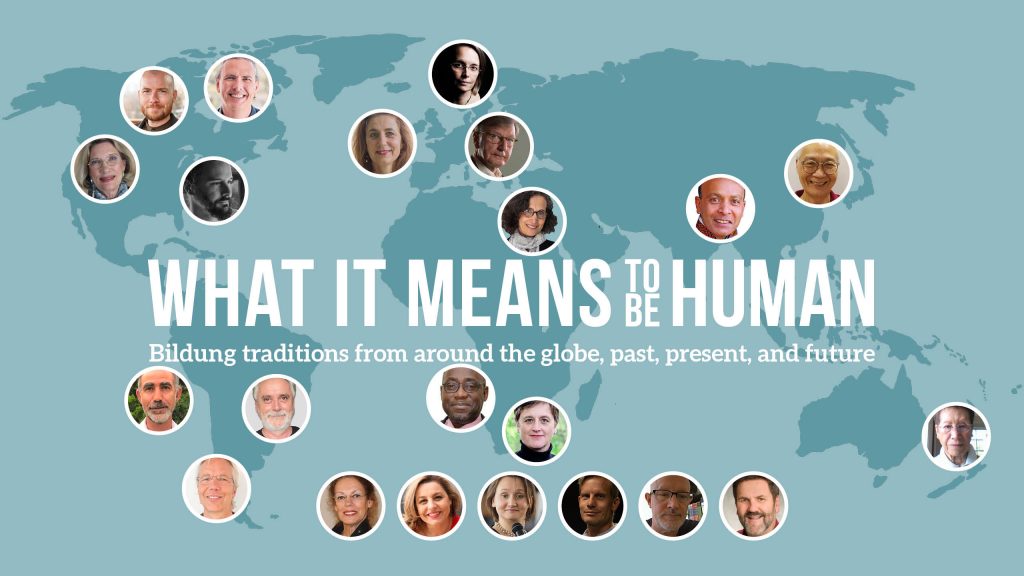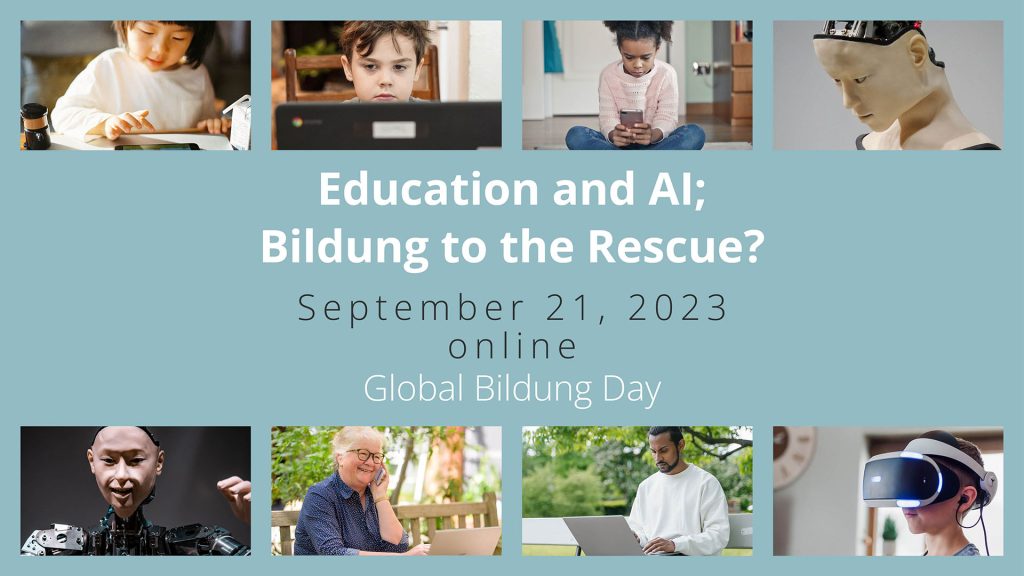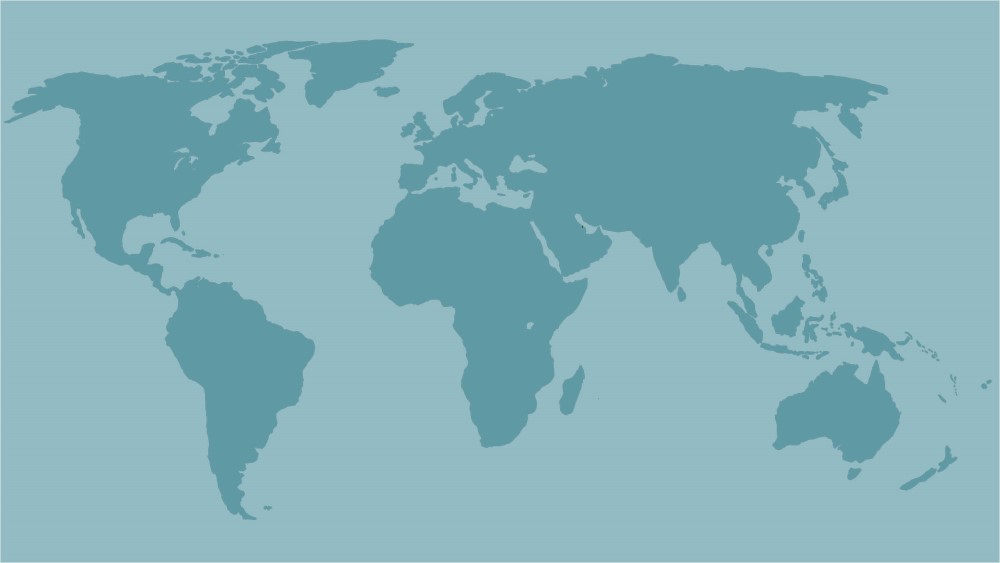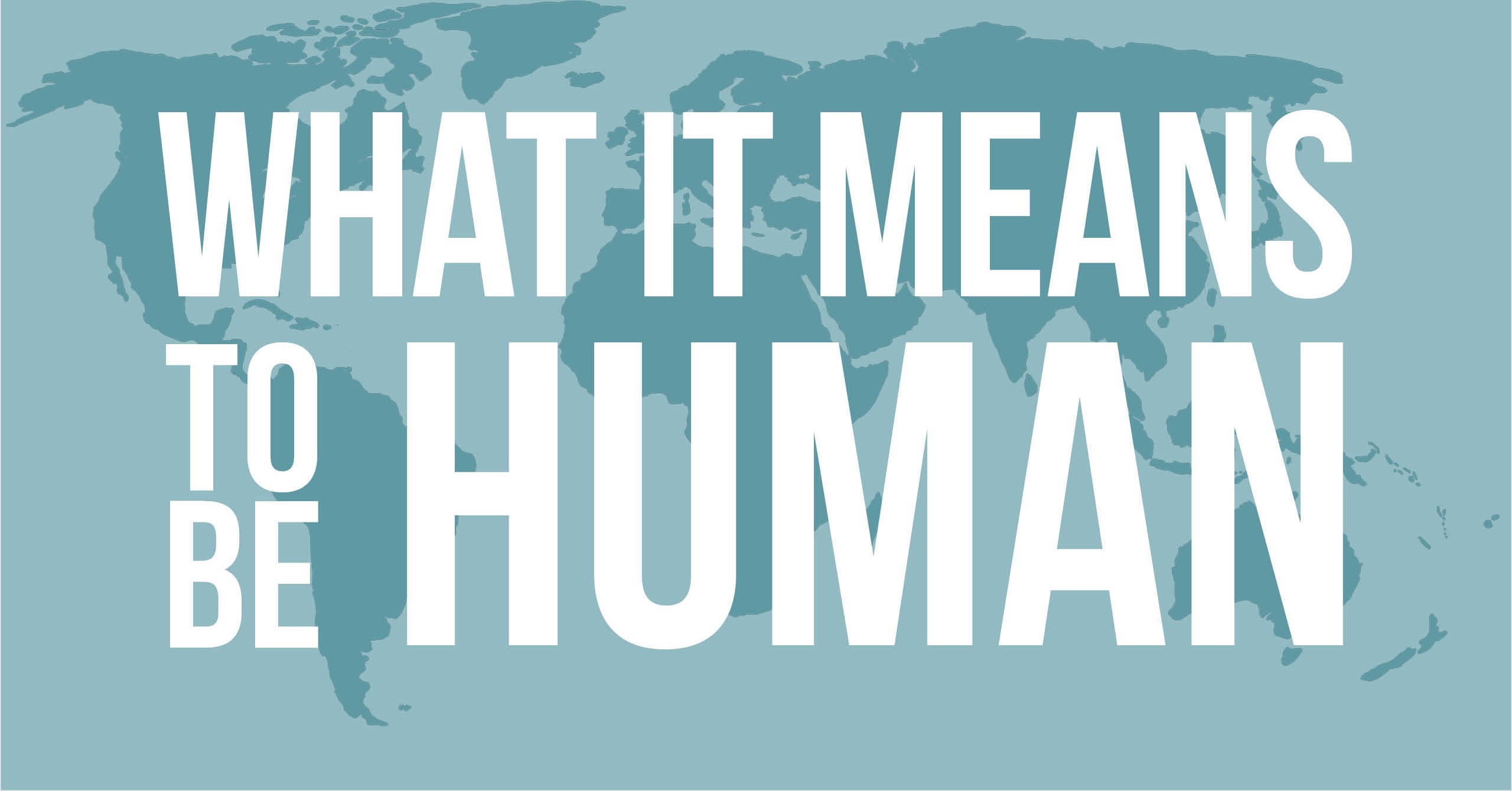
We are connected as a species in ways we have never been before. We are facing bigger challenges than ever, and we have more knowledge and tools than any generation before us. And our biggest problems are man-made. So, we should be able to solve our problems and create a meaningful future for all.
What it Means to Be Human is a Global Meeting Place for global conversations about what it means to be human, and how we can create a future where everybody can thrive. It is also a book and a series of online activities that are open to everybody around the globe, particularly the Global Meeting on Equinox, twice per year. We are looking very much forward to meeting you.
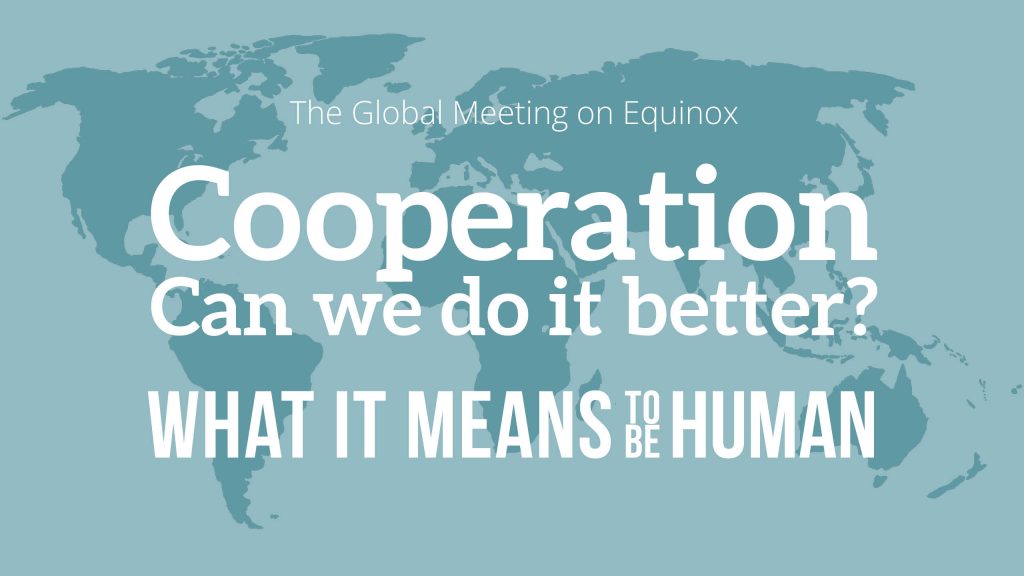
Twice per year, on Equinox, when the day has the same length around the globe, we The Global Meeting on Equinox about what it means to be human. Both the keynote speakers and the participants are from all over the planet, and you are invited to contribute to the conversation. This is not your usual webinar!
The next Global Meeting on Equinox is on September 20, it is free of charge, and will be about Responsibility: Can we do it better? You will find it here: https://www.globalbildung.net/what-it-means-to-be-human-2025-september-20/
The book
How do we unfold our personal character and become whole humans?
Educators and thinkers from around the globe explore this in the book What it Means to Be Human.
Read more about it here: https://www.nordicbildung.org/what-it-means-to-be-human/
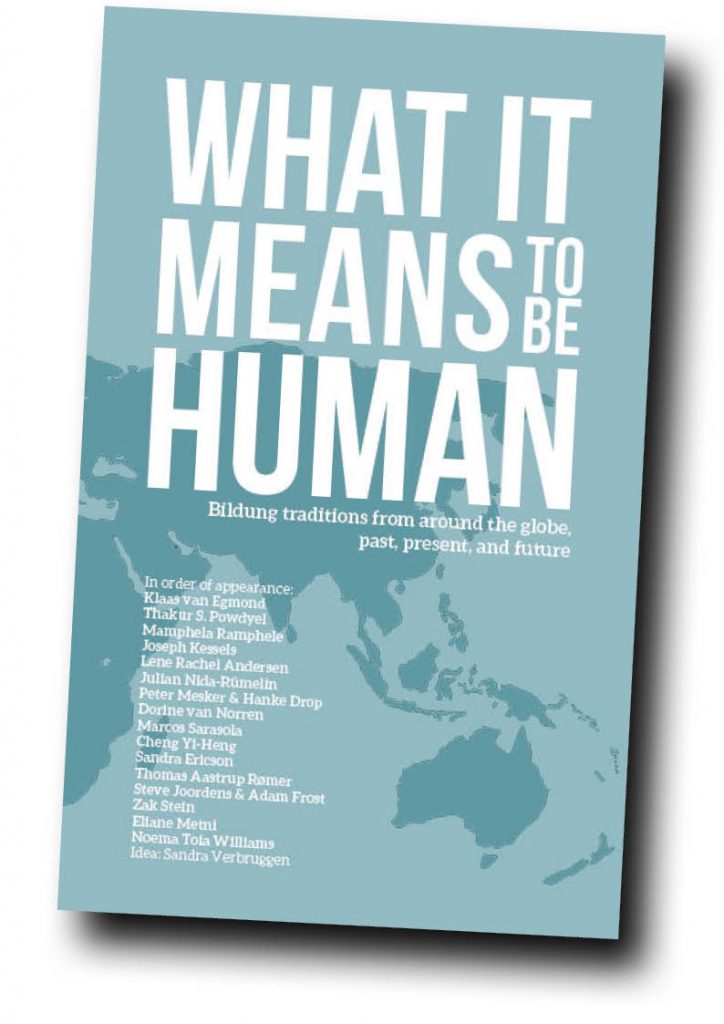
Our mission is to unlock the potential of a global, cross-cultural conversation about what constitutes the human condition, tapping into the wisdom that we have inherited from traditions and thinkers from all corners of the world. Facing the first truly global crises in the history of mankind, we need to focus on the narratives, values and experiences that unite us as a species to turn from rivalry and chauvinism to collaboration. These universal values also happen to be the things that make up a meaningful and fulfilling life for most of us.
Previous events and more
Global Bildung Day, March 22, 2025; program and video presentations here: https://www.globalbildung.net/what-it-means-to-be-human-2025-march-22/
Global Bildung Day, September 21, 2024; program and video presentations here: https://www.globalbildung.net/what-it-means-to-be-human-2024-september-21/
Global Bildung Day, March 21, 2024; program and video presentations here: https://www.globalbildung.net/gbd2024-march-21/
Global Bildung Day, September 21, 2023; program and video presentations here: https://www.globalbildung.net/gbd2023-september-21/

Global Bildung Day, March 21, 2023; program and video presentations here: https://www.globalbildung.net/gbd2023-march-21/
If you are an educator, a volunteer in bildung activities, or just a concerned citizen anywhere in the world who thinks that education should be about bildung, please join our Global Bildung Network: https://network.globalbildung.net
Bildung is two kinds of knowledge: the transferable kind that schools tend to be focused on, and life experience, which cannot be transferred, but which turns us into mature beings, and which can be promoted, even in schools. More here: https://www.nordicbildung.org/lexicon/what-is-bildung/

